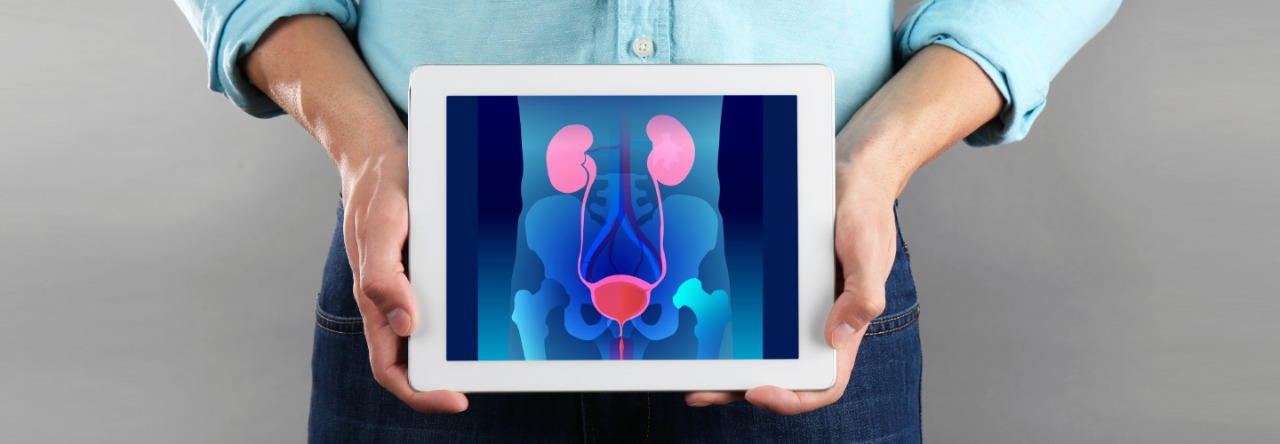Kidney stones, also known as renal calculi, are solid masses that result from the excessive deposits of minerals and salts in the kidneys. Though these do not usually cause any serious damage, they can be quite painful and can even lead to severe complications if left untreated for long. The treatment may vary depending upon the type of kidney stone. Some of the most common types include Calcium stones, struvite stone, Cystine stone and uric acid stone.
Complications
- Sepsis
- Obstruction in the ureters caused by stone fragments
- Damage to the ureter
- Urinary tract infection
Causes
- Excessive build-up of calcium, ammonia, uric acid and cystine in the body
- Eating a diet rich in protein and deficit in fibre
- Dehydration
- Underlying medical conditions like renal cancer
Symptoms
- Intense pain that may last for a couple of minutes to a few hours
- Restlessness
- Feeling nauseated
- Traces of blood in the urine
- Pungent smelling urine
- Cloudy urine
- Feeling a burning sensation while urinating
- Fever
- Frequent urge to urinate
Diagnosis
Your doctor will first assess your medical history and conduct a detailed physical exam. This is followed by a series of tests that include:
- Blood tests
- BUN (blood urea nitrogen) and creatinine
- Urinalysis
- Analysis of stones that have been passed out
Some other tests may also be recommended to rule out other health issues. These include:
- Abdominal x-rays
- Intravenous/retrograde pyelogram
- Renal ultrasound and MRI
- Abdominal MRI and CT scan
Treatment
While smaller stones do not require surgical removal and can be easily treated by resorting to healthy lifestyle changes, larger stones may call for the need for surgery. There are a variety of treatment options available for the same. These include:
- Extracorporeal shock wave lithotripsy, which uses soundwaves to generate vibrations for breaking down the stones into smaller pieces.
- Percutaneous nephrolithotomy, which involves the use of telescope guided imaging technique for removing the stone via a small incision in your back
Why EHCC?
At EHCC, we have a highly qualified and dedicated team of urologists who are always committed to providing the latest and most advanced medical care to all our patients. Being a trusted name in healthcare, we act compassionately while ensuring confidentiality to those who need it. We have set high standards in patient-centric premium care along with outstanding patient safety and exceptional maintenance in a timely manner. We adhere to the use of up to the minute innovations to offer state-of-the-art treatments to our patients with unparalleled results.

